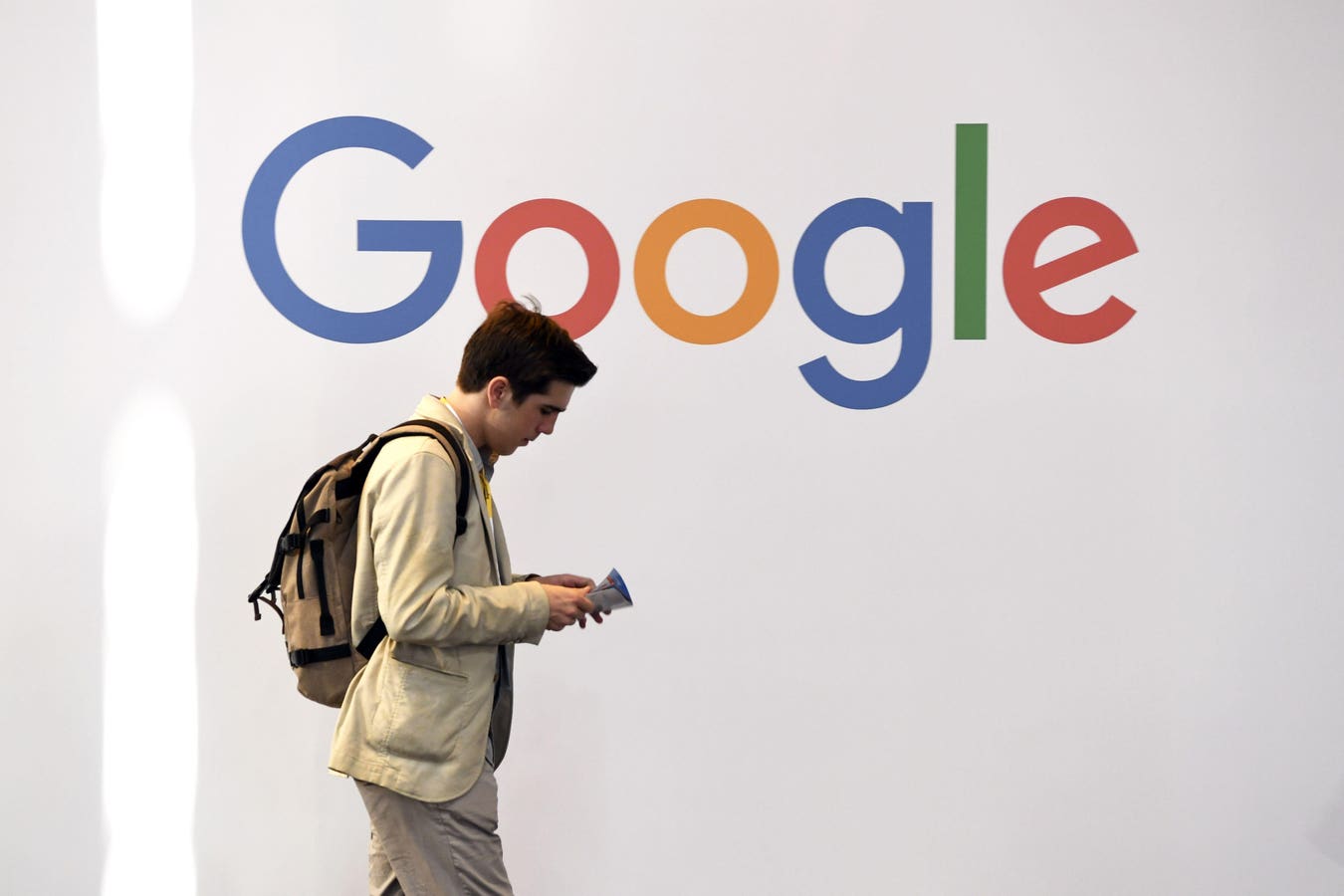The smartphone recycling app Bower is set to expand into 10 new countries, after receiving a Google.org fellowship and a €1.75M grant from the tech giant’s impact challenge fund.
In an interview, Bower co-founder and chief executive Suwar Mert said the fellowship award will mean a team of full-time Google employees, with skills ranging from software engineering to UX design, will support his team, working pro-bono for six months.
Mert added they will help Bower enhance its app and develop machine learning-powered systems that will allow its users to more accurately sort trash for recycling.
The smartphone app rewards users with cash, money-off coupons, or donations to charity if they recycle certain items.
It is currently available in the United States, the U.K., Sweden, Norway, Denmark and Finland, where Bower has around 550,000 users.
Mert told me the app currently scans for barcodes on packaging and waste products, but the additional machine learning will mean it will be able to scan packages that have no barcode, detect the type of material and even gauge the carbon impact of that material.
He added the computer vision model behind the app will be open-sourced, for the benefit of the wider recycling ecosystem.
Mert said the Google funding will also help the company launch the app in 10 new countries, including Kenya, Germany, Italy, Spain, and Indonesia.
“There is no silver bullet to solving the entire recycling issue,” he added. “There is a whole of chain of things which need to be done, including collection and sorting.”
He added by launching the app in countries like Kenya, he hopes it will encourage more investment in local waste infrastructure.
“One of the problems today in countries like Kenya is that not enough is being collected, and therefore they do not see any interest in developing more waste processing factories.
“But if we can start making sure that more is being collected, then the industry will see what is happening and start to do something with all of these collected materials.”
But when it comes to recycling waste, there is still much to be done closer to home in Europe as well.
Around 49% of municipal waste in the EU is properly recycled, culminating in an excess of mismanaged waste.
By encouraging and incentivizing public participation in recycling, Mert said he hopes to make the process more fun and reduce the amount going to waste or being thrown away as litter at the same time.
“Receiving this fellowship and funding from Google.org will catalyze Bower’s work towards creating a trash-free tomorrow,” he added.
In a statement, Rowan Barnett, head of Google.org Europe, Middle East and Africa said it believes artificial intelligence can have a transformative impact on “our ability to tackle some of the most pressing issues we face, including climate and environmental challenges”.
“Our goal is to bring the best of our resources to help catalyse and develop impactful, tech enabled solutions and that is why we are delighted to be supporting Bower,” added Barnett.
“Bower will be leveraging Google’s technical expertise and funding to build an AI-solution that will make recycling radically more efficient, and in doing so, help enable a more sustainable future for everyone.”
Read the full article here





